Consuming adult content is a private activity that many prefer to keep anonymous. However, the reality is that our online activities can be tracked by browsers, internet providers, advertisers, and even cybercriminals. In this article, we will explore the risks there are to your privacy when watching adult content and how you can protect your personal information to browse more safely.
Tabla de contenidos
Privacy risks when watching adult content
Exposed browsing history
- Web browsers store a history of the sites you visit and can suggest them when typing in the address bar. If you share a device with family or friends, they could unintentionally discover your browsing habits.
- Solutions:
- Use private or incognito browsing mode to prevent history from being saved.
- Regularly delete your browser’s history, cookies, and cache.
- Configure your browser not to save history or to delete it automatically when you log out.
Personalized advertising
- Tracking cookies allow advertisers to collect information about the sites you visit, which can result in suggestive or inappropriate ads on other platforms.
- Solutions:
- Block third-party cookies in your browser settings.
- Use ad blockers like uBlock Origin or AdGuard to prevent tracking.
- Configure your browser to delete cookies automatically when you log out.
Tracking by tech companies
- Google, Facebook, and other large companies can collect data about your activity, even if you use incognito mode. This data is used for ad personalization and can be stored on their servers.
- Solutions:
- Use privacy-focused browsers like Brave or Firefox, which block trackers.
- Opt for private search engines like DuckDuckGo or Startpage.
- Install anti-tracking extensions like Privacy Badger or Ghostery.
Monitoring by your internet service provider (ISP)
- Your Internet Service Provider (ISP) can monitor your activity and, in some countries, sell that data to third parties.
- Solutions:
- Use a VPN (Virtual Private Network) to encrypt your connection and hide your browsing activity.
- Prefer internet services with strict privacy policies.
- Avoid connecting to unprotected public Wi-Fi networks.
Cyber scams and malware
- There are online frauds, such as scammers who send emails claiming they have recorded your screen while you were watching adult content, requesting payment to not disclose the information. In addition, some sites may contain malware that infects your device.
- Solutions:
- Do not respond or pay these scammers; they are usually phishing attempts.
- Use updated antivirus software to detect and remove threats.
- Avoid downloading content or clicking on ads from dubious sources.
Best Practices to Protect Your Privacy Online
In today’s hyper-connected world, protecting your personal data online is more important than ever. Here are some key best practices to help safeguard your digital privacy:
✅ Use Privacy-Focused Browsers and Extensions
Your browser choice can make a big difference in your online privacy. Options like Brave and Mozilla Firefox are built with privacy in mind:
- Brave blocks ads, trackers, and scripts by default, improving both privacy and browsing speed.
- Firefox offers robust privacy features. With proper configuration, it can block third-party cookies, social trackers, and fingerprinting.
🔌 Enhance your browser with trusted extensions:
- uBlock Origin: a powerful, lightweight ad and tracker blocker.
- Privacy Badger: developed by the EFF, it automatically learns to block trackers as you browse.
- Ghostery: blocks trackers and gives you detailed insight into who’s trying to track you.
✅ Enable a VPN (Virtual Private Network)
A VPN encrypts your internet connection and hides your real IP address, protecting your browsing activity from prying eyes—even on public Wi-Fi.
🔒 Key benefits:
- Your Internet Service Provider (ISP) can’t see what websites you visit.
- It boosts your anonymity and lets you bypass geo-restrictions.
💡 Recommended VPN services:
- NordVPN
- ExpressVPN
- ProtonVPN (also offers a solid free version with privacy-first policies)
✅ Regularly Clear Cookies and Cache
Cookies and cache store browsing data, which can be useful—but they’re also used to track your online behavior.
🧼 Tips:
- Set your browser to automatically delete cookies, cache, and history when you close it.
- Use tools like CCleaner or BleachBit to wipe these traces easily.
- Browse in private/incognito mode when you don’t want to leave a trail.
✅ Use Private Search Engines
Mainstream search engines like Google log and profile your searches. Instead, use alternatives that don’t track you.
🔍 Try these:
- DuckDuckGo: solid results with strict no-tracking policies.
- Startpage: shows Google search results without collecting your data.
🚫 Avoid being logged into your Google account while browsing if you want to limit data collection.
✅ Don’t Fall for Blackmail or Scam Emails
Extortion or scam emails often claim they’ve hacked your device or recorded you through your webcam. They sometimes include old leaked passwords to seem convincing.
🚨 What to do:
- Ignore them and don’t reply or pay anything.
- Never click on links or download attachments from these emails.
- Report them as spam or phishing.
- Update your passwords if you suspect any may be compromised.
Conclusion
Protecting your privacy when watching adult content is not complicated if you take the right precautions. Using private browsing, blocking trackers, opting for privacy-respecting search engines, and using a VPN are some of the best practices to ensure your information remains secure. With these tips, you can browse with greater peace of mind and without worrying about leaving unnecessary traces online.
If you have had privacy problems, need to remove negative content about yourself online, or have questions about any of the topics mentioned in this article, do not hesitate to contact us. We will be happy to help you and will respond as soon as possible.
Photos, videos, negative reviews, or fake news can impact your image. We help you remove or deindex them. Leave your details and we’ll contact you.
Photos, videos, negative reviews, or fake news can impact your image. We help you remove or deindex them. Leave your details and we’ll contact you.








